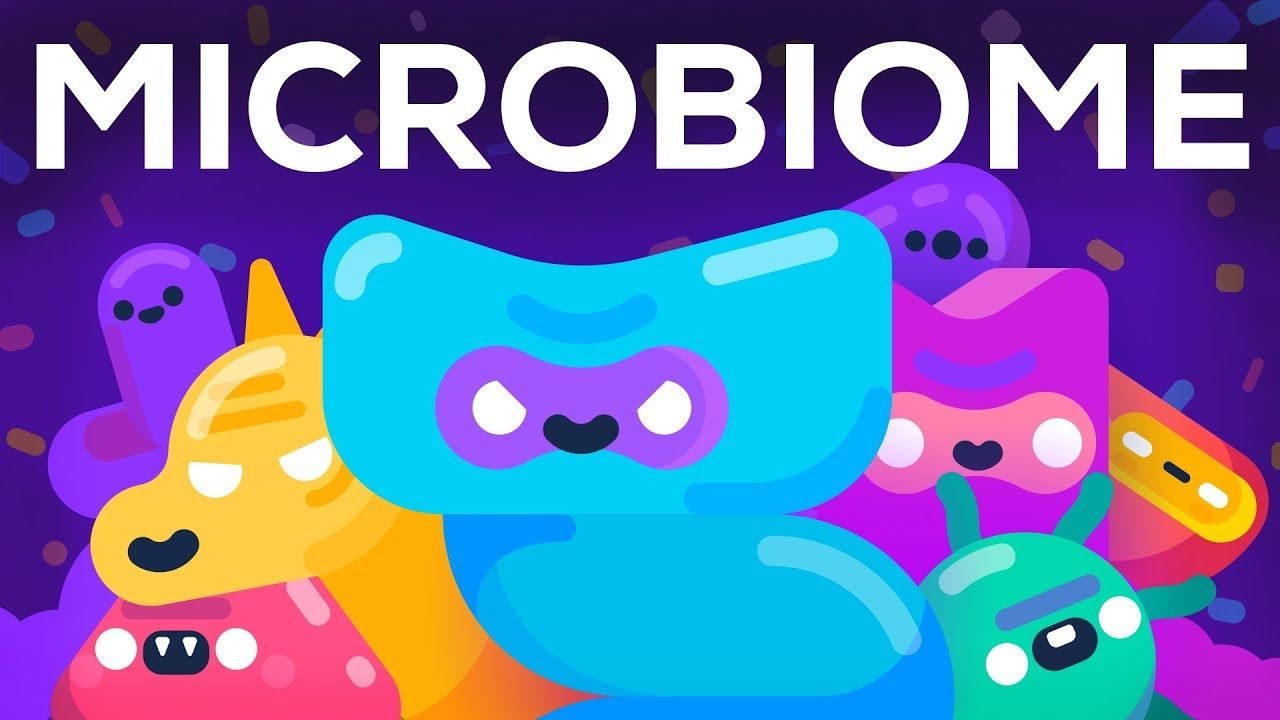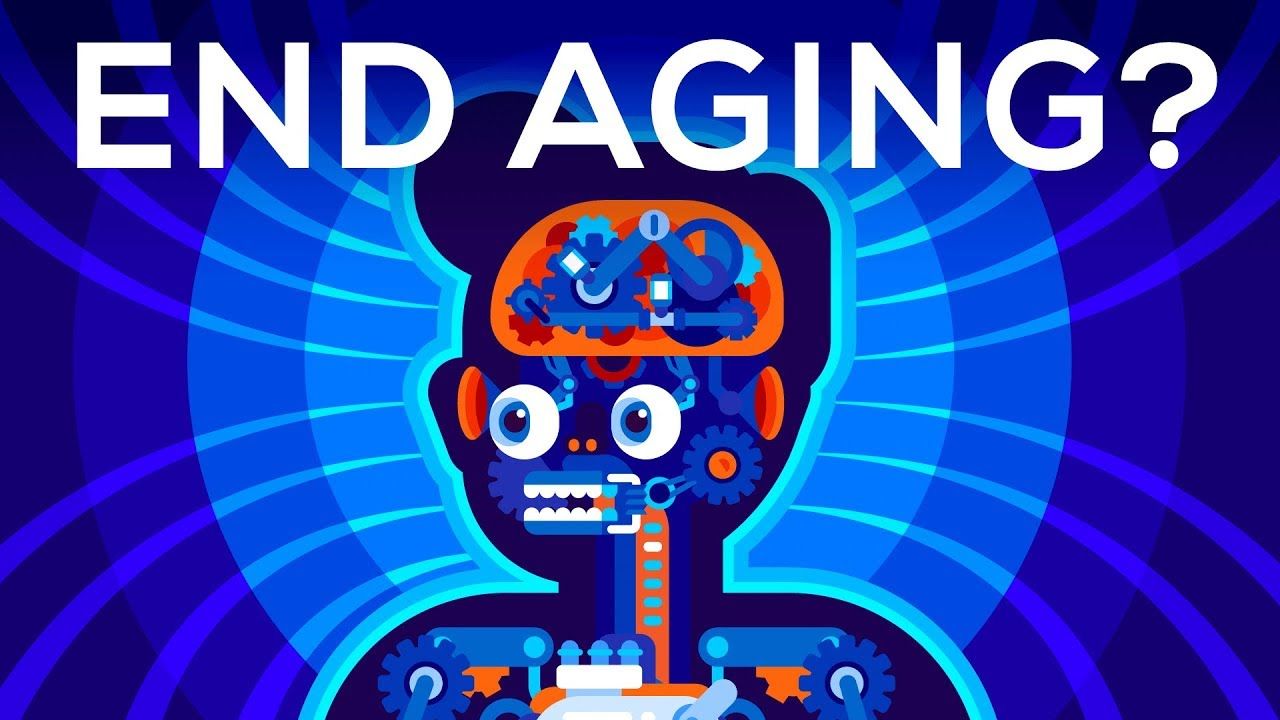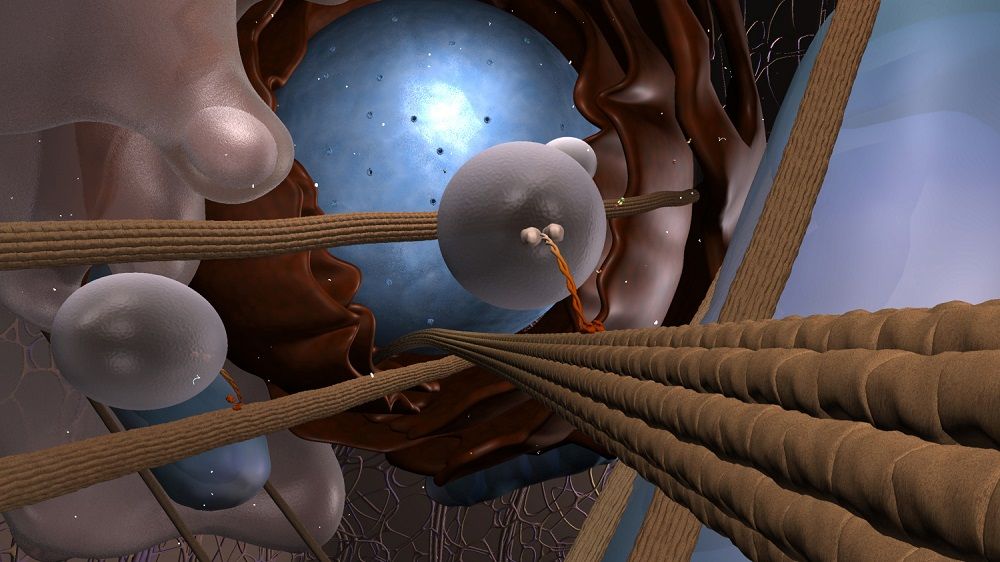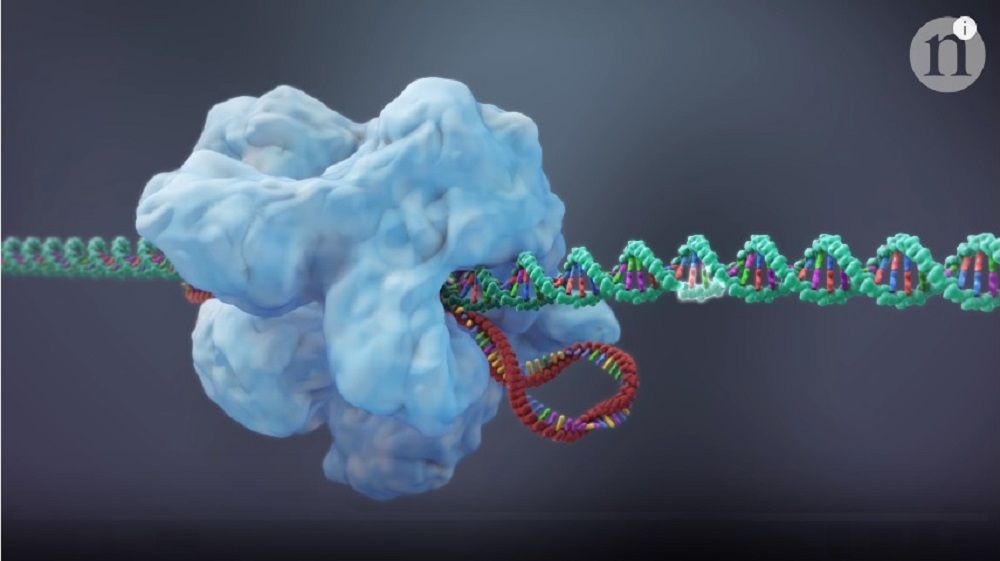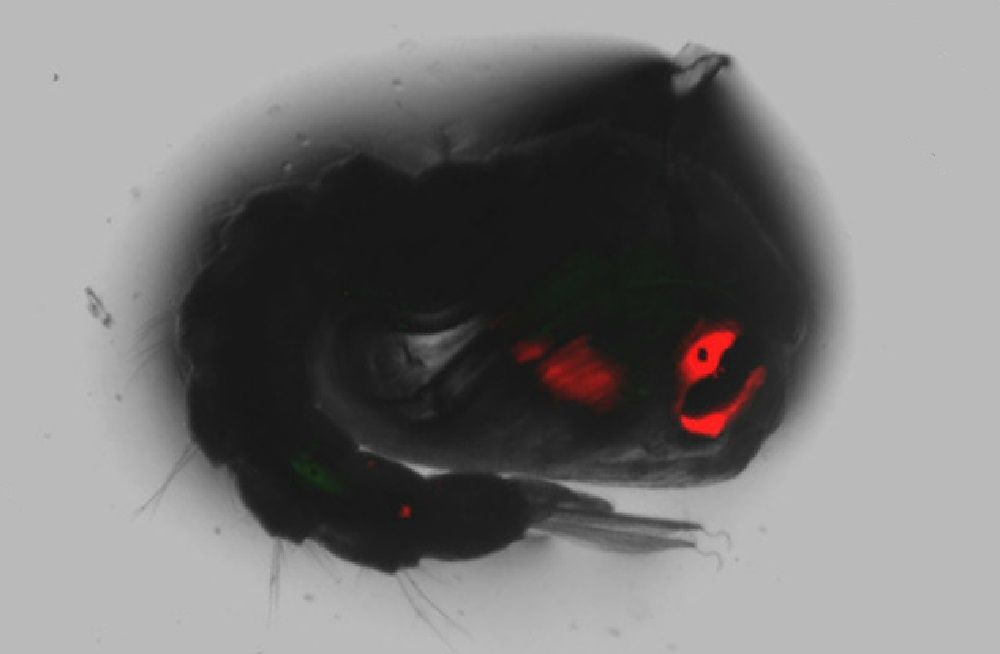Dec 3, 2017
Researchers Link Human Microbiome With “Ridiculously Healthy” Aging in Centenarians
Posted by Brady Hartman in category: life extension
Summary: Microbiome study of centenarians shows that ‘ridiculously healthy’ elderly have the same gut bacteria composition as healthy 30 year-olds. Can a more robust microbiome lead to the longer healthier life enjoyed by centenarians, or is it the other way around? [This article first appeared on LongevityFacts, follow us on Google+ | Facebook | Reddit. Author: Brady Hartman. This article was updated Dec. 2, 2017]
A recent study found that centenarians have the same microbiome as 30-year-olds.
In one of the most extensive studies of the human microbiome to date, an international group of researchers linked a healthy gut with “ridiculously healthy” elderly known as centenarians. This important study was conducted by the China-Canada Institute (CCI), a collaboration of geroscientists from the Lawson Health Research Institute, Western University, and Tianyi Health Science Institute in China. The researchers published their study titled “The Gut Microbiota of Healthy Aged Chinese Is Similar to That of the Healthy Young,” in the journal mSphere.

